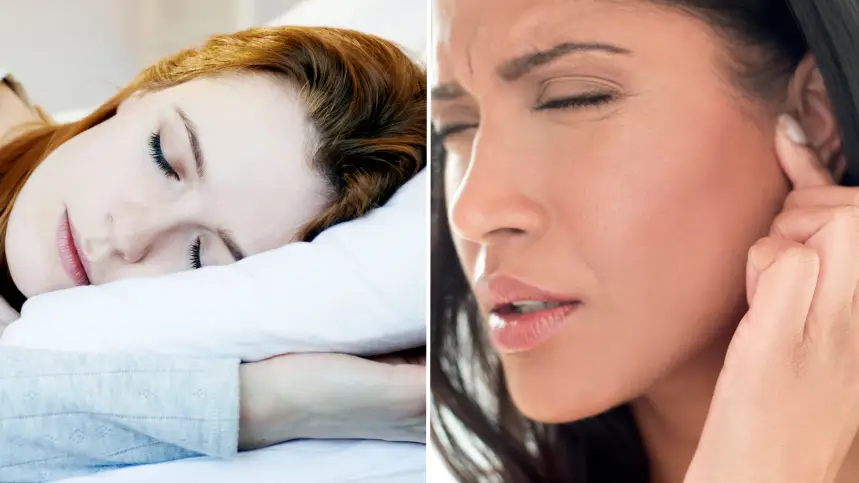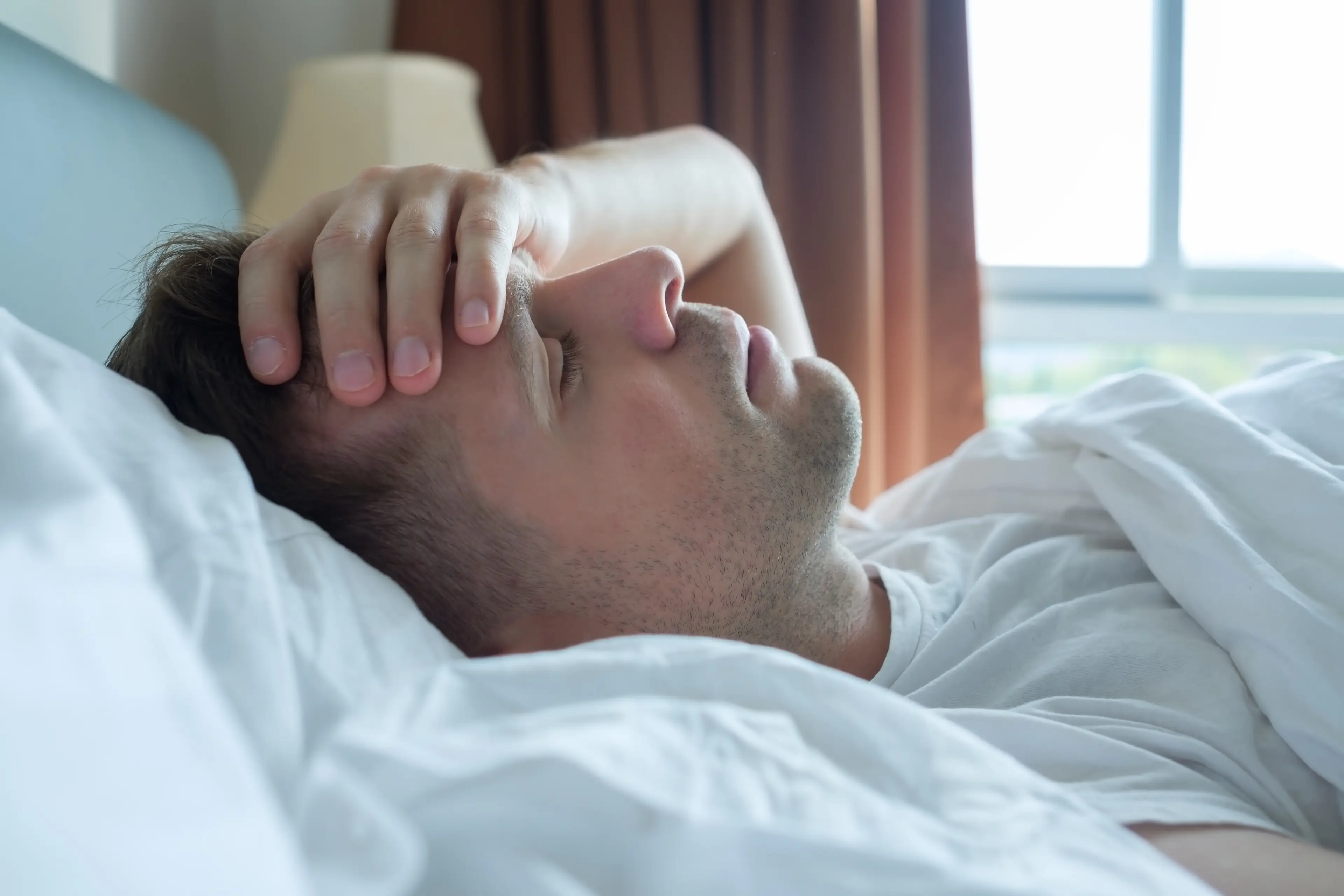
There are certain occasions whereby it's considered pretty normal to hear your own heart beating - examples being during a medical examination, or the pulsating in your own head following a rigorous exercise.
But if you're some who hears this sound when your head hits the pillow at night, this could indicate that a health risk brewing behind the scenes.
Someone who has recently shed light on this concern is Detroit-based physician Dr. Anthony Youn.

Advert
The medic often goes viral online after sharing examples of overlooked ailments and dosing out wellbeing advice on TikTok, and this week, he turned his attention to the heart.
In his latest lecture, Dr Youn began by firstly disclosing that, in the majority of cases, hearing your heart beating - whether audibly or inside your own head/ears - is a pretty normal phenomena.
"If, every once in a while, you’re lying on your side and you hear your heart beating, it’s most likely your carotid artery basically sitting against your pillow," he began.
Apparently, however, if you catch wind of the unnerving beating on a relatively regular basis, this could actually be one of the earliest signs of a chronic hearing condition.
"If you’re hearing your heart beating all the time when you’re lying on your side, or especially when you’re standing up, then it could be pulsatile tinnitus," the board-certified plastic surgeon disclosed.
According to the NHS, this condition is a variation of tinnitus, which describes the perception of sound even when there is no source.
In its regular form, this ailment often leaves patients enduring an uncomfortable sound, like ringing in the ears, or a buzzing sensation.
In cases of pulsatile tinnitus, however, the sound has been described by sufferers as somewhat rhythmical, and is heard regularly in the head and ears in the form of a heartbeat.
This is triggered by a change in blood flow in the vessels near the ear, and has been described by some others as a 'swooshing' sound, similar to that of their actual pulse.
One patient recently told the New York Post that the sound is somewhat like 'a washing machine in a spin cycle and a vacuum'.

It can also be sparked by a blockage in the ear, as well as high blood pressure, narrowed veins or arteries in the head and neck, an obscured connection between arteries and veins, or benign head or neck tumours.
Intense pressure within the brain could also instigate the condition, as could both anaemia and pregnancy, both of which affect the heart.
NHS experts also advise that, if you suspect that you're beginning to experience pulsatile tinnitus, you should speak to your GP who will suggest tests and treatments.
"Although it’s usually benign, there are some potentially concerning causes, so it’s best to see your doctor," Dr Youn said.